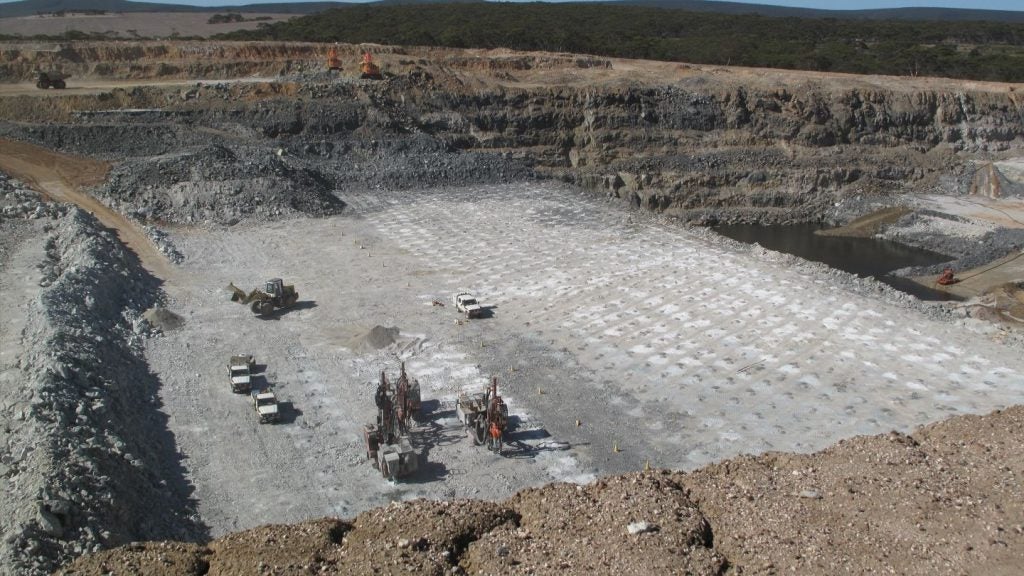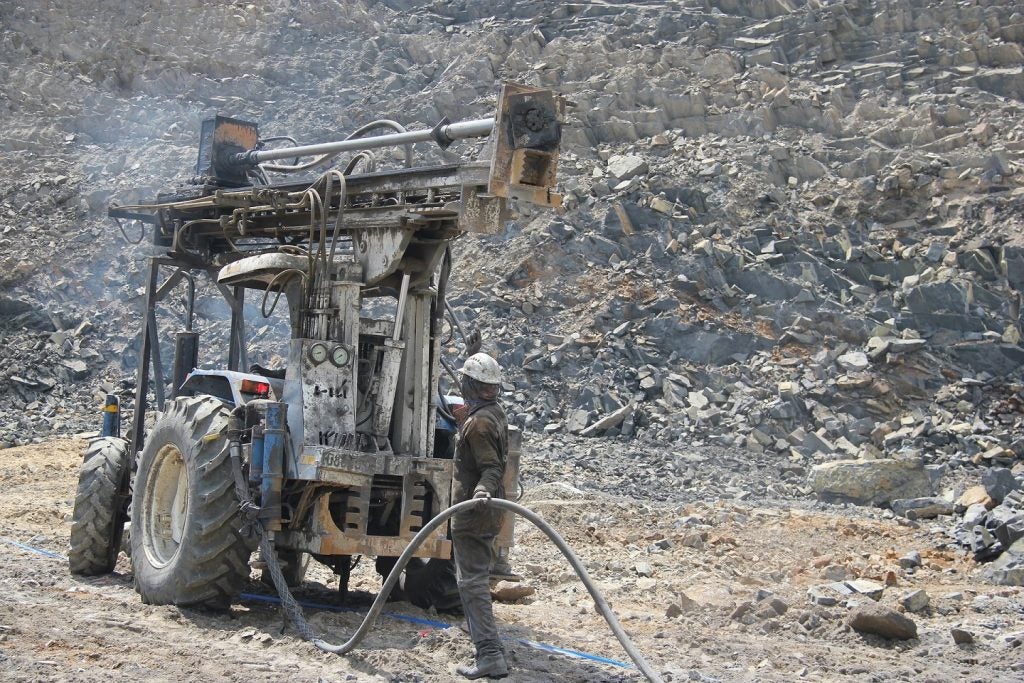The US Department of Energy (DoE) officially added copper to its list of critical raw materials earlier this week in an historic move that reflects the growing importance of energy transition technologies.
In its finalised Critical Materials Assessment for 2023, the US Government has for the first time included copper as a critical material, following the example set by the EU, Japan, India, China and Canada. The Critical Materials Assessment evaluates materials based on whether they “serve an essential function” in the production of energy transition technologies such as electric vehicles (EVs). It is also defined as any non-fuel mineral that has a high risk of supply chain disruption.
The critical materials list will inform eligibility for government subsidies under the Inflation Reduction Act (IRA). The final list includes aluminium, cobalt, copper, dysprosium, electrical steel, fluorine, gallium, iridium, lithium, magnesium, natural graphite, neodymium, nickel, platinum, praseodymium, terbium, silicon and silicon carbide.
Alejandro Moreno, Acting Assistant Secretary for the DoE’s Office of Energy Efficiency and Renewable Energy, said in a statement: “As our nation continues the transition to a clean energy economy, it is our responsibility to anticipate critical material supply chains needed to manufacture our most promising clean energy generation, transmission, storage and end-use technologies, including solar panels, wind turbines, power electronics, lighting, and electric vehicles.
“Ultimately, identifying and mitigating material criticality now will ensure that a clean energy future is possible for decades to come,” he added.
In March, the US Geological Society (USGS) controversially denied a request to add copper to its official critical minerals list. The request was made by the Copper Development Association (CDA) due to a “dramatic supply risk”.
At the time, the CDA’s president Andrew Kireta criticised the decision as not being “consistent with the spirit or the letter of the law”. Several large copper miners including Rio Tinto, BHP and Freeport-McMoRan are CDA members.
The DoE’s recent assessment provides an updated list to previous Critical Materials Strategy reports, the first of which was released in 2010. It serves as a separate, complementary analysis to other criticality assessments conducted by the US Government, such as those by the USGS.
















